|
This is ingrained in us from an early age but is not innate. Even the best hunting machines in the animal kingdom by far fail more than they win. Lion versus gazelle, nine times out of ten the gazelle will get away. The lion has adapted to have enough energy from one meal to be able to keep failing. We must do the same.
What do you have the energy to fail at? Probably not something that you do not care about - an exam in a subject you hate, a job interview just to pay the bills. But what about something that you are passionate about? Music? You must fail a lot to learn an instrument and keep practising anyway. Sport? You are not going to win the World Cup without ever losing. But school and some companies gear us up to fear failure. Which ironically is the surest way to ensure failure - it is just that it will be later on. The fear that one exam will ruin your whole life will show itself again throughout your life. You are afraid to speak up in that meeting. You are afraid to change jobs even though you hate it. You are afraid to do something that you are passionate about. What is stopping you? Only the constraints that society has put on you. Surround yourself with other information. Surround yourself with positivity instead of fear and realise that failing is moving forwards. Keep trying anyway. Keep the passion. Embrace the gift of something not working out, take the lessons from it and try something else. What is the alternative? To be paralysed into inaction your whole life? Do something.
The second of this weekend's link posts is from my fave, James Clear. A short and sweet excerpt, although the whole article is a quick read too:
Here’s the single greatest skill in any endeavor: doing the work. Not doing the work that is easy for you to do. Not doing the work that makes you look good. Not doing the work when you feel inspired. Just doing the work. You might not be a brilliant writer, but if you actually write something each week, then you’ll be better than most because you are doing the work. You might not be an incredible athlete, but if you never miss workouts, then you’ll be better than most because you are doing the work. You might not be a savvy business person, but if you make a point to serve your customers every single day, then you’ll be better than most because you are doing the work. Read the whole article here
It is much easier when there is an air of possibility, when the future looks bright when you can see a way out. When the subject is something you are passionate about, when you are interested in learning more and excited about putting things into action.
But what about when the outlook is not that rosy? When you have to do things you are not interested in but have to learn anyway? Anyone that has tried to do anything of note - get promoted, start a company, get signed to a record label - has had to keep going through the tough times. They have had to be positive in the face of adversity. They have had to believe in a better future even when the present continues to look so bleak. It is surely this ability to remain positive and focused no matter what fate throws at you that is the thing that separates success from failure, victory from defeat. Being able to be positive though, is completely mental and nothing to do with external factors at all. Having a science background, I have been blind to this for a large part of my life. What was, in hindsight, cynical and destructive, I labelled as realistic. Of course, this is a self-fulfilling prophecy. If I think something will not work, then am I really likely to try past the first hurdle? It will just confirm what I thought, and I will give up. Is there any downside to being positive in every situation? You will likely be happier, you will give more energy to yourself and those around you, and even if that particular situation does not work out, who cares? At least you give it your best shot with the best mindset. What is the alternative? To give up and be miserable? Go expand your possibilities.
Oscars usually go to someone actually doing their job - acting. People taking on roles that are different to their natural personality. I personally usually find these performances over exaggerated. Ones that would no doubt be impressive on the stage but are not subtle enough for my tastes on film. I prefer movies where for all intents and purposes the actors are just being themselves and they have been cast as such. Why force someone to act completely out of character when you could just get a different actor who is like that character?
This brings me on to personal development. If you want to be different, you can be right now. Today. The body leads the mind and the mind leads the body. Want to be more confident? Stand up tall, make eye contact longer than usual, speak to everyone you meet. These are not superpowers. Just act the way you want to be and soon you will gravitate towards this. On the flip side, do not forget your strengths. Do you think that you will continue to be great at the things you are already known for if you are distracted acting at something else? It takes time and energy to think how to be different than your natural style. What is natural though? Shyness and social awkwardness are learned, not innate. There are many examples of outgoing toddlers not afraid of anything who turn into reclusive teenagers trying to fit in. For me, as Robert Kiyosaki says, you want to be on the edge of this particular coin. Knowing what side of the coin to use at any particular time. Know what will hold you back if you do not act differently and know what you are best at. Flip the coin as often as needed.
For the first of the weekend link posts we turn to riding the wave of motivation by Doug Toft who has some great advice from BJ Fogg, a psychologist at Stanford University. This fits in with our thinking in a previous blog post on setting up your future self. Over to Doug:
Harness high motivation in three key ways High motivation is temporary. It can disappear in a matter of days, hours, or minutes. So, seize the precious opportunity that high motivation presents. According to BJ, the most valuable things that you can do when highly motivated are: 1. Structure your future behavior. Structured behaviors are presets — default options. For example: If you want to reduce your spending, then cut up your credit cards. If you want to stop eating junk food, then remove all that stuff from your kitchen and throw it away. If you want to exercise regularly, then schedule a personal trainer. This strategy is powerful because reversing your earlier commitment forces you to exert extra effort, such as calling the trainer to cancel. 2. Reduce barriers to future behavior. For instance, go to the grocery store and buy a lot of vegetables. Then go home, wash them, cut them, and put all that good food into serving size containers. This reduces a barrier to making healthy meals when your motivation to cook sags and you feel the urge to do something easier — like going out to eat. 3. Increase capacity. When your motivation to cook a healthy meal is high, for example, then take that opportunity to learn a new recipe. This is harder than going out to eat or chopping vegetables. But as you practice making the meal over the coming weeks, you’ll find this behavior easier to do — even when you don’t feel like cooking. Note that I’ve numbered these options in the order that BJ recommends. So when motivation peaks, start with #1 before trying #2. And opt for #3 after experimenting with #2. Read the whole article here For a long time, I have not been interested in word gymnastics about management and leadership. There are many books and articles that do just that. I always used to think as leadership as good management, and management as mediocre or poor management. This used to annoy people that considered them as vastly different things. But in my flippant disregard for language, what I meant by being a good manager, and therefore a leader, is simply that you set your own work for you and your team rather than simply carrying out the instructions from above - mediocre or poor managers can do that. This is what led to my disdain for a difference in language as I could not see why anyone would be a manager that did not want to plot their own course. And I did not see why any leader would want a manager that did not want to help decide in which direction to work towards. If a manager is simply managing, then why do we need them? Cut out the middleman. On a recommendation from my day-job boss, I have started read Leadership Plain and Simple, which has solidified my previous thinking, although the book too does draw a distinction. This book brought to life the part that I was trying to convey. The future. Leaders have a vision of the future. Something they are striving for. Something that needs to be different. When people think leadership and management are different it is surely the future element that is missing from the latter. This is what I mean when I say leadership is just good management because I was blind to the fact that anyone would not want to plot their own course for the future if they were a manager. If word gymnastics are in order, then a clearer distinction should be between leader/manager and manager/supervisor. If you just want to baby sit some employees and be a message regurgitate, then you are a supervisor. If you think up some better version of the future and then put that into action? Now you are a leader.
There is lots online about the Navy Seal 40% rule. When you think you are done, you are only 40% done and there is lots more you can give.
I ran a 10k race on Sunday and was at a fine pace all the way through not to bother me. Not going for a quick time, just jogging around and chatting with friends. I have done half marathons before and my friends have done full marathons and ultra-marathons. The 10k distance should have been a nice jog all the way around, but we all found that just seeing that 9km marker made it instantly harder. Your mind starts to say, 'come on only another 1km to go, push on through.' My body started to tense, and I found myself willing myself to get to the finish line. Before seeing the sign that we only had 1km to go, everything was fine - I could have gone on for ages. If I had not seen the sign I know, as I have done hard marathons, that I can do about double the distance at the same pace. Knowing that I was near the end caused my mental process to get interrupted, my body to react and everything got more difficult. Training where you do not know where the end will be is mentally tough. This is what they train for in the special forces and this is the right training to do. Where in life do you know where the end is? Only in manufactured environments. School - exam. Race - finish line. Work - clocking off time. Real life, the middle bit in-between your twenties until you die does not have clearly marked waypoints. You know neither whether you are headed in the right direction or how long you will be out here for. Not much trains you effectively for this apart from Stoicism. Having the mental capacity to keep going and doing the right thing is the thing that life demands but is not formally taught. Unless you seek it out and push yourself you might be able to keep going, but are you going in the right direction. Or you might be going in the right direction and give up before you get there.
When will you know when enough will be enough? When will you know when to quit? When to try something new? When to move on?
It is not often in our lives that we have a big event, an epiphany, a big decision, the benefit of hitting rock bottom, that causes us to go one of two clear-cut ways. Most of the time is spent leading up to this point so that it never happens as a Big Bang, to more of the time is spent avoiding any decision at all. Is it right to expect anyone else to change? Have you seen enough evidence already? What will be different in the future? You know the answers to these questions even if you do not like to admit it. The real questions are: How much longer are you going to accept this? This behaviour. The standards you have set for yourself. When will you know when enough is enough? The next time? The time after that? How will you know which straw will be the last straw? You do not want to wait until the proverbial camel's back is broken as that will be longer and more painful than avoiding the loading of all the other straws right now. Then comes the real question, You probably know the answers to all the other questions already, although you choose not to admit them to yourself. The real question is, are you willing to accept the pain now? The pain of change. The pain of not knowing if everything would have turned out alright. The pain of uncertainty. One is a short-term pain with longer better future. The other is a chronic disease that you have probably got so used to that you do not even notice it. Knowing which is which is the key to a good life. Possessions, career ladder, salary. Freedom, lifestyle, experiences. Know which is which and what it takes to get there. Which type of pain and which benefits do you want?
It is the start of a new month as I write this. If you were waiting for an arbitrary time to start something, then today is the day. Or are you going to wait until Monday? The start of a new week might be the time you find more motivation than now. We have the weekend in-between then and now of course. It is difficult to start something at the weekend. Or maybe wait until next year?
It is March and New Year's resolutions are all out of the window. No point starting something big mid-year is there? Better to wait and avoid starting until next year's New Year's resolution, right? If this sounds like you, I hope reading it has already solidified how absurd this thinking is. What are we delaying things for? Our future selves will be no different than our current selves unless we make different habits. To make different habits we have to start and then keep on consistently. We might fail. That is okay. We just need to start again as quickly as possible. What about if you have no time right now? Well, why would you have more time in the future? You squander much time now, so why will tomorrow be any different. Or any other expanse of future time? Do today what you want to be doing in the future and the future will come to you. If you do today what you have always done on a day like today, then your future is easy to see - it will look a lot like your past. What are you going to do today that you have been putting off? What sacrifices are you prepared to make in order to do it? Put first things first and see what drops off the list.
If you spend 100% of what you earn, inflation will go up (or the value of money approaches its true worth - nothing) and you will, therefore, need to get paid the same percentage more as inflation to stay even.
If you get a pay-rise in line with inflation (assuming inflation is calculated fairly which it is not) then you will be even. But inflation is not calculated correctly because it excludes things you actually need to live, like rent and house prices, like pensions moving to defined contributions etc. So why should you settle for a percentage increase? Skip ahead to consider the flip-side. Imaging you are already 3 to 4 times higher on the hierarchy at work and you are making good money now. Groceries are only 10% of your salary and you have loads of extra cash to spare from your wage even after all expenses. Why should your wage go up by the same percentage as retail prices? TO keep the maths very simple, if groceries cost you £100 a month, 2% increase is £2, but you are getting 2% increase on your £1000 a month salary which is £20. You are £18 better off for a cost of living increase. The cost of living rise does not work. It benefits the rich. Or does it just benefit those who happen to be living below their means? Both. The rich could be squandering all their extra salary on 'stuff' and why should they be worse off if RPI goes up? Similarly, you can have the effect of the rich right now by living below your means and taking the upside. Or you can just earn more money, work harder, work on yourself, become a lynchpin, suggest new ideas, start a side business, sell stuff in the attic, sell things from garage sales. But do not complain. I saw a homeless person with an iPhone. You can start a business with that same device in your pocket. You have all the knowledge you need inside it even if you do not know where to start - the internet. Just fucking do something to pull yourself out of the hole, but do not moan about economic conditions. You can see what the economy is going to be like if you educate yourself - factor it in. Get ahead of the game. |
Archives
August 2020
Categories
All
|
MeeTime Copyright © 2016
*Goldman Sachs, Rolls Royce, Nielsen, Molson Coors, DXC Technologies, Hewlett Packard Enterprise and their respective logos are trademarks and are in NO WAY affiliated, endorsed by or associated with MeeTime.
MeeTime Ltd is a participant in the Amazon Services LLC Associates Program, an affiliate advertising program designed to provide a means for sites to earn advertising fees by advertising and linking to Amazon.com.
*Amazon and the Amazon logo are trademarks of Amazon.com, Inc., or its affiliates.
Additionally, MeeTime Ltd participates in various other affiliate programs, and we sometimes get a commission through purchases made through our links.
*Amazon and the Amazon logo are trademarks of Amazon.com, Inc., or its affiliates.
Additionally, MeeTime Ltd participates in various other affiliate programs, and we sometimes get a commission through purchases made through our links.

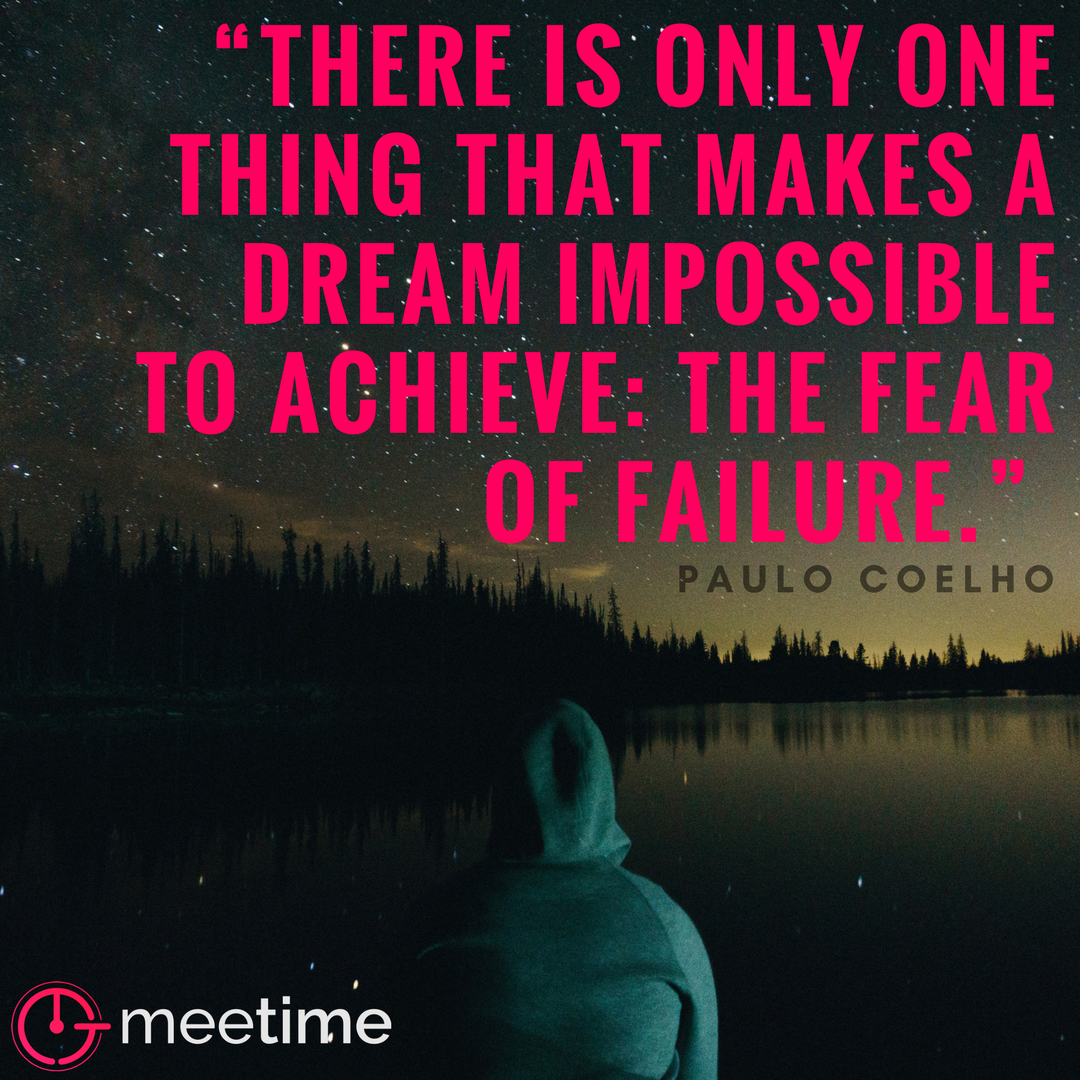

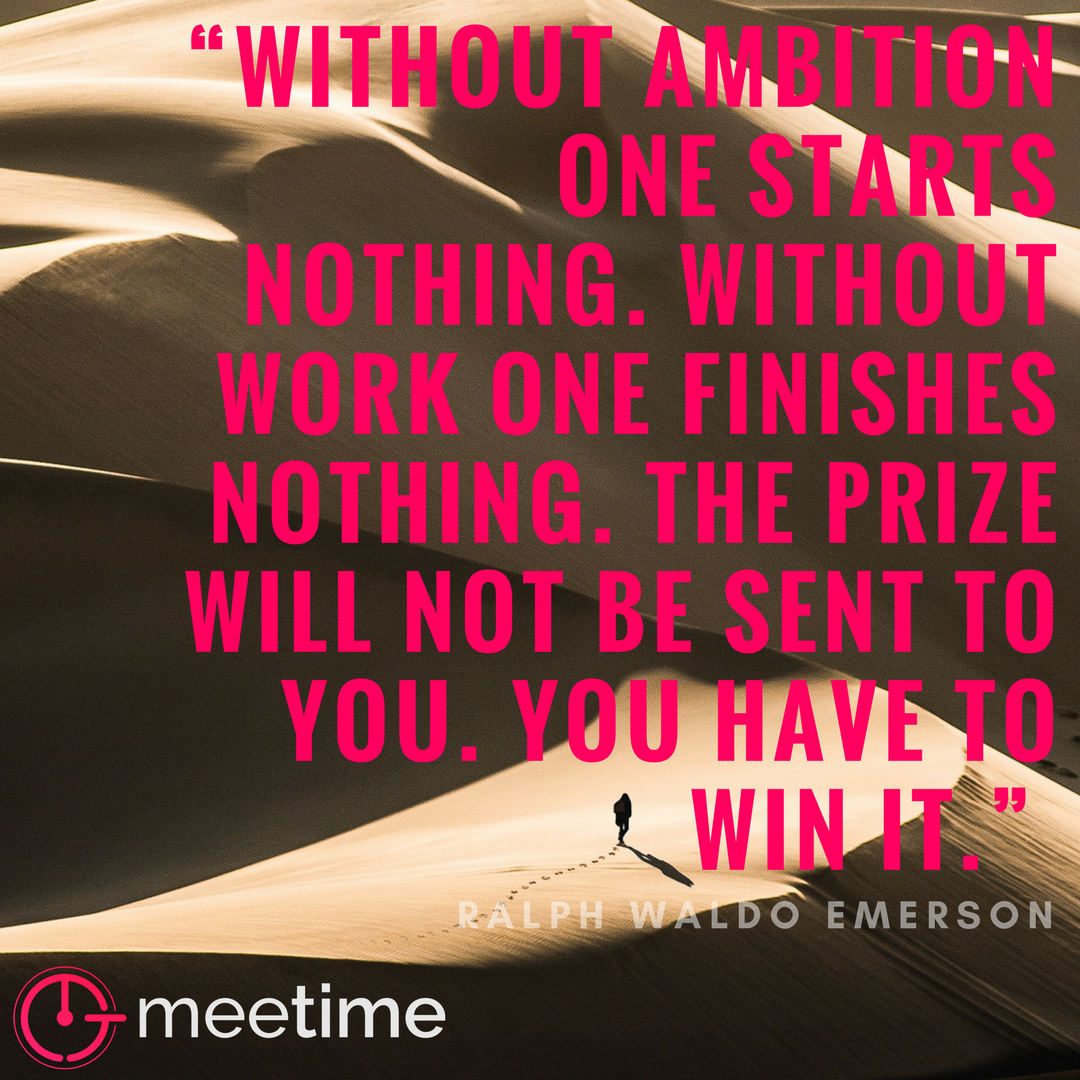

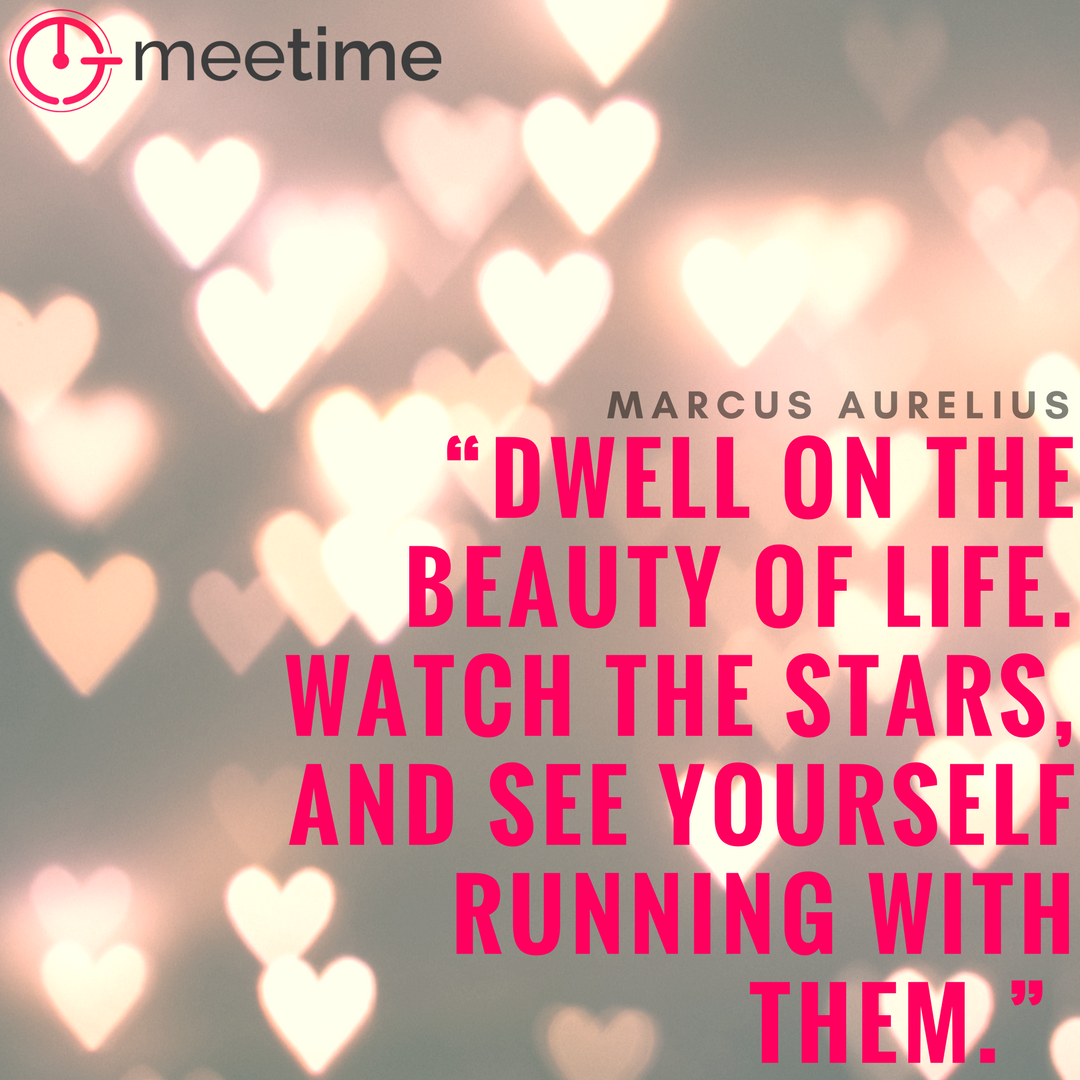



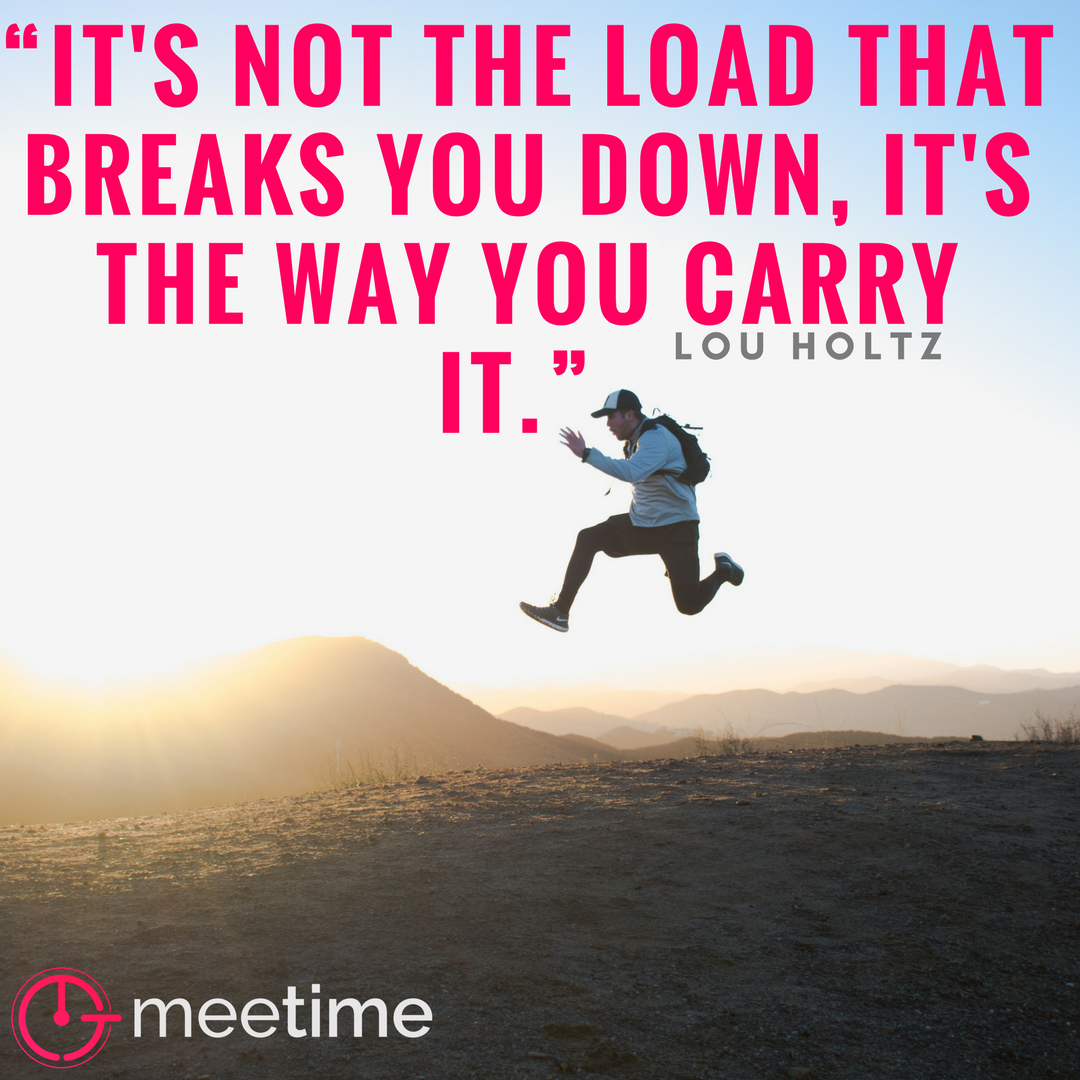



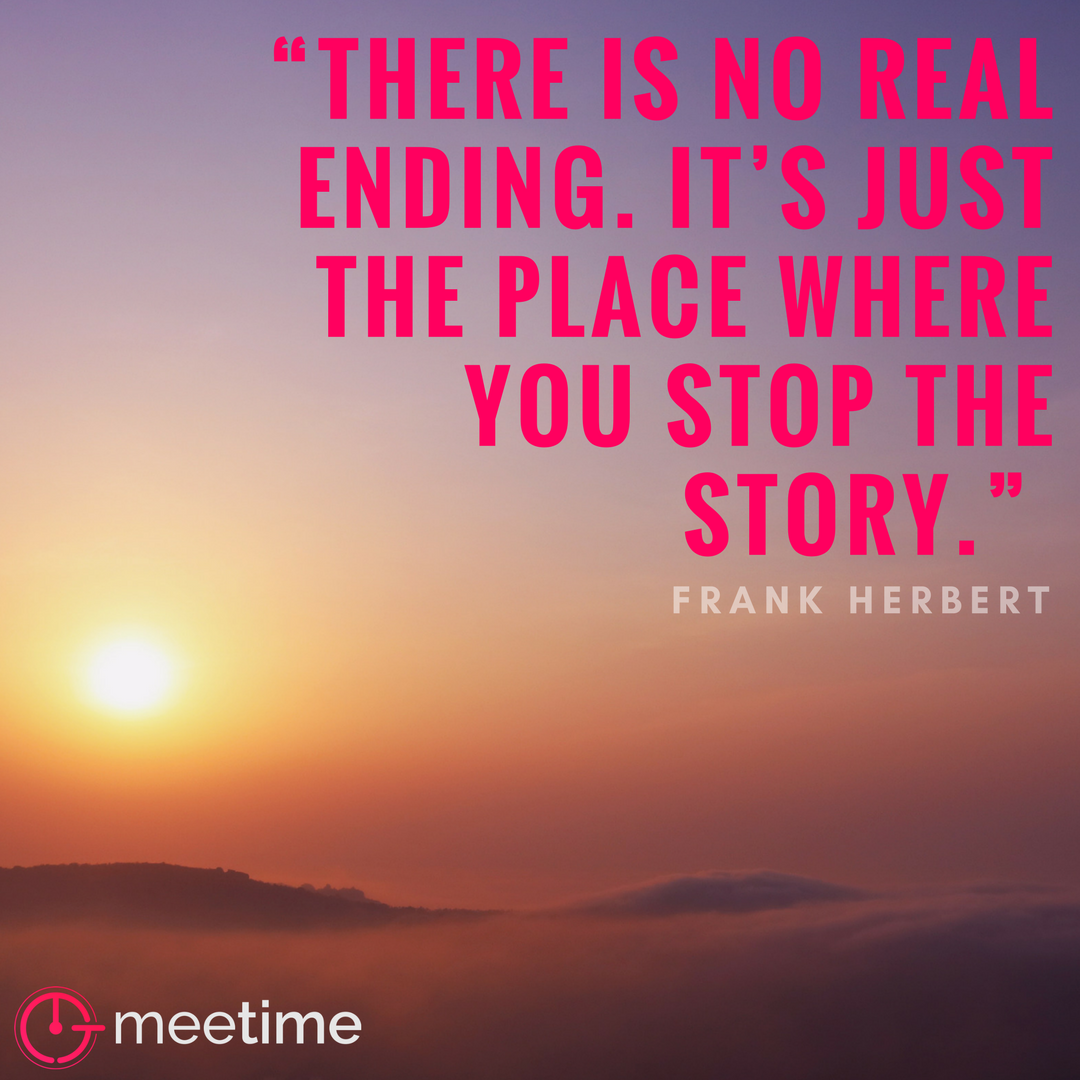

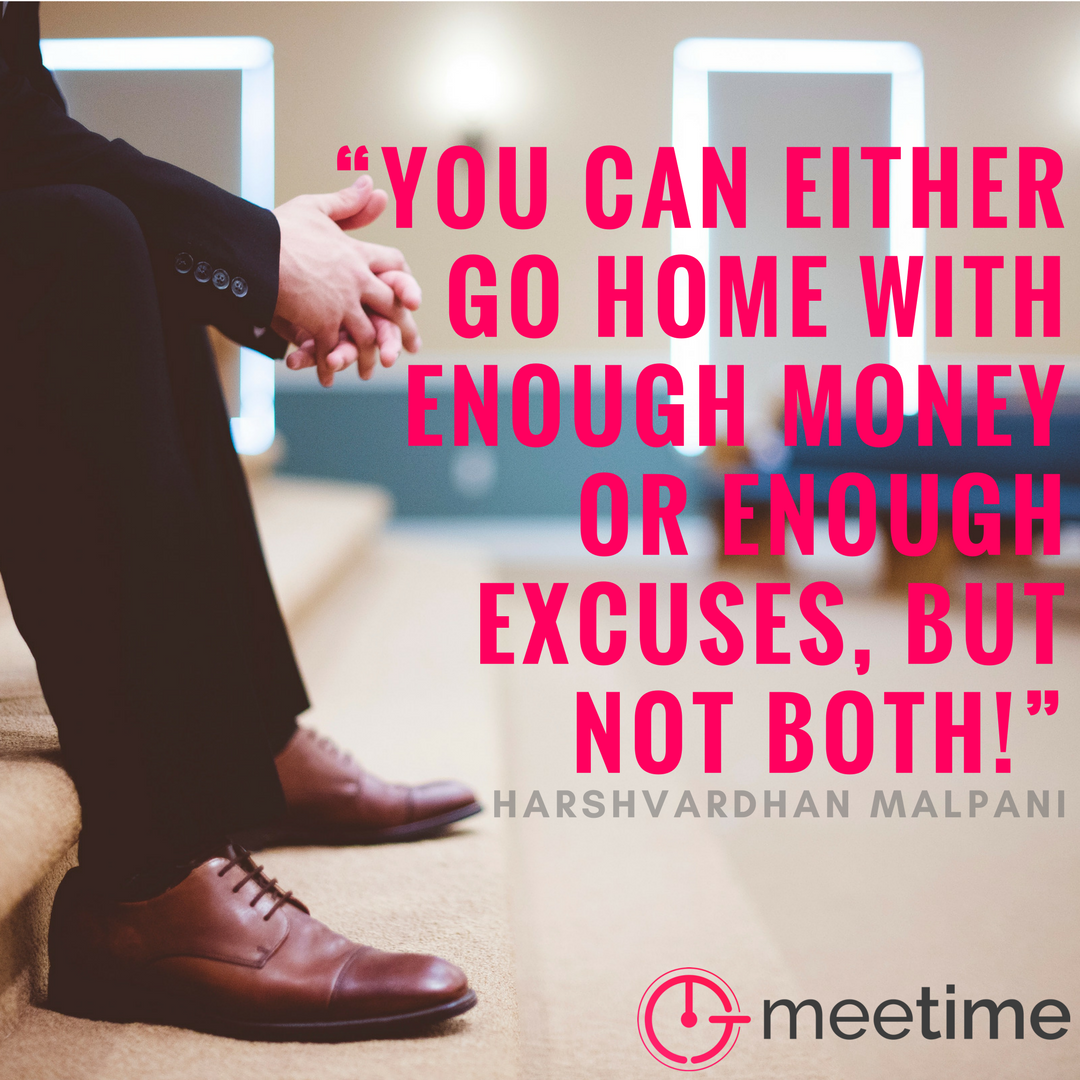

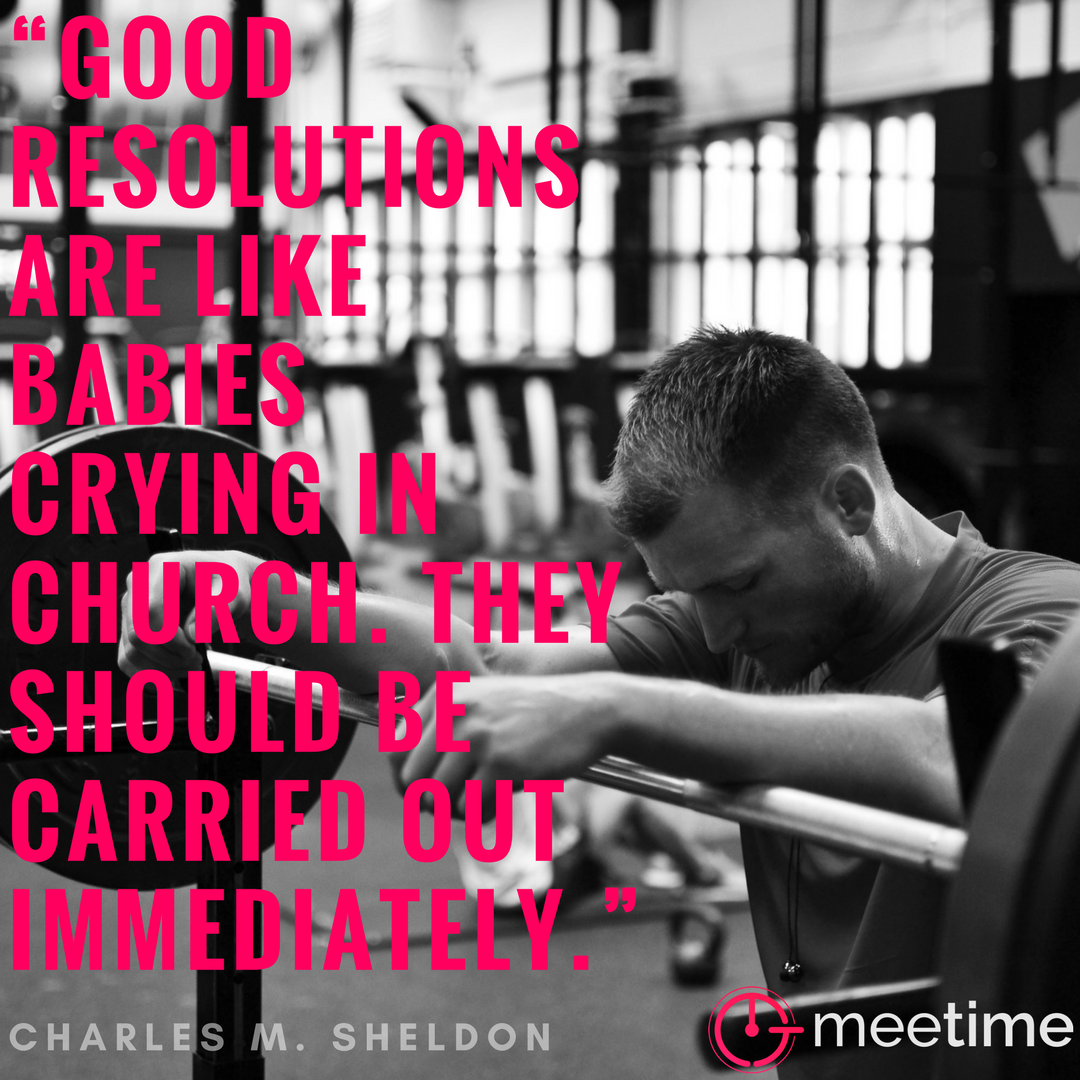



 RSS Feed
RSS Feed